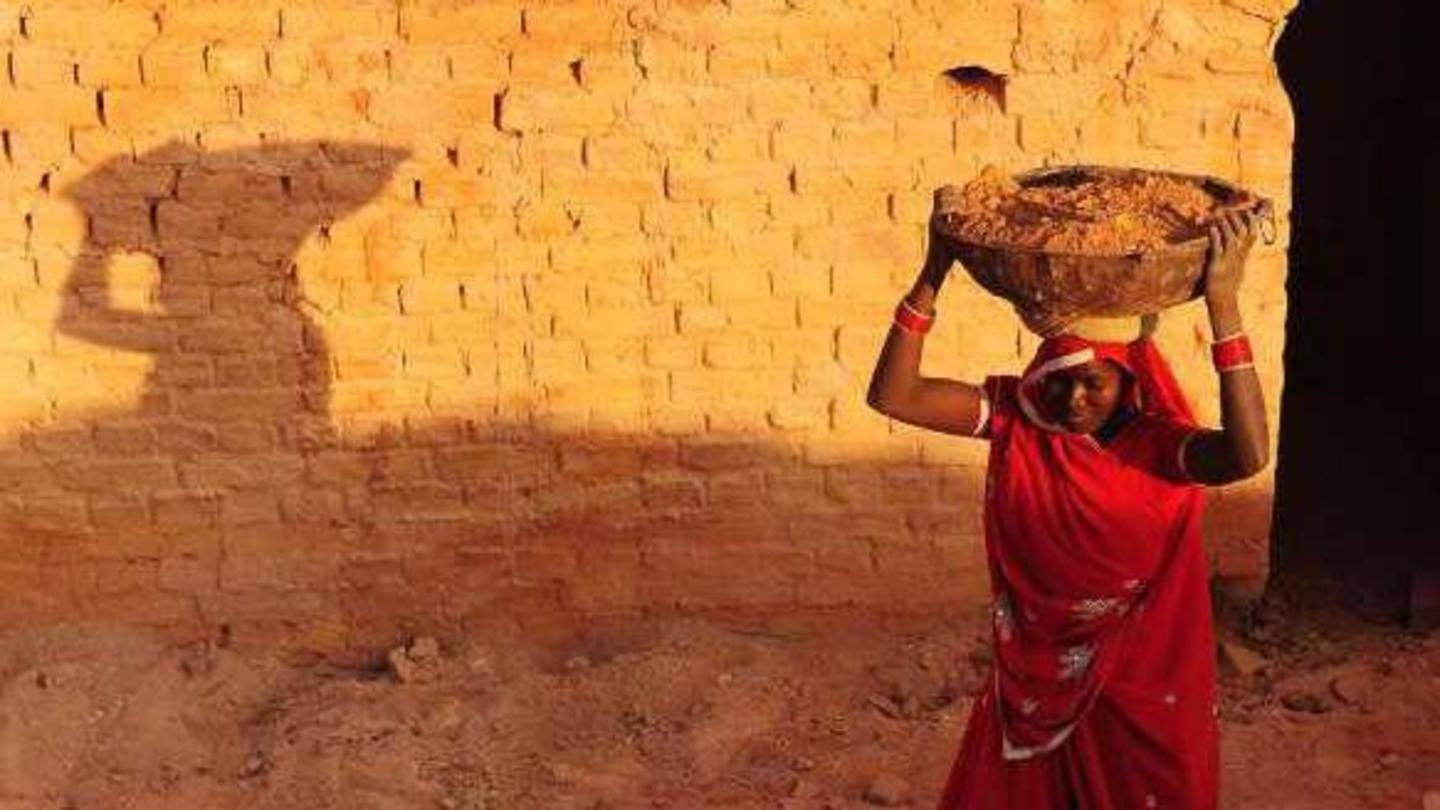
Climate change may cost Indian GDP $200bn by 2030: Report
What's the story
The worsening effects of climate change may pose a massive risk of $200 billion to India's GDP (gross domestic product) by 2030, revealed a report by McKinsey Global Institute (MGI). It said the rise in temperatures due to climate change would force workers to stay indoors, reducing the outdoor work hours, and may pose a great threat to India's GDP. Here are more details.
Details
Report says 2.5-4.5% of India's GDP at risk by 2030
The report stated, as of 2017, heat-exposed, outdoor work contributed to half of the GDP, accounting for around 30% of its growth. It also said about 380 million, or 75% of India's labor force, were employed in such sectors. "Lost labor hours due to increasing heat and humidity could put approximately 2.5-4.5% of GDP at risk by 2030, equivalent to...$150-250 billion," it estimated.
Information
Daylight hours unsafe for outdoor work to increase by 15%
The MGI report further stated the number of daylight hours that are unsafe for outdoor work would roughly rise by 15% by 2030 in comparison to the current levels. This will lead to a reduced number of hours of outdoor work, it said.
Warning
150-200 million Indians at risk of lethal heatwave exposure: MGI
In its report, the MGI also warned that about 160-200 million people of the country could have a 5% chance of lethal heatwave exposure by 2030. It added that India will have to change working hours for the outdoor workforce, launch heat management efforts in cities, and consider shifting labor and capital out of the high-risk regions as part of a mitigation strategy.
Crop yields
Impact of climate change on agriculture sector
MGI said apart from affecting the outdoor workforce, climate change is also likely to have an adverse impact on the agriculture sector due to a reduction in yields of crops like rice, wheat, corn, and soy. "Indian agriculture may be hit not only by lost hours from extreme heat and humidity but by potential yield declines as well," it said.
Quote
'India, the most vulnerable'
"We examined the probability of a yield decline or improvement of greater than 10% for today, 2030, and 2050. Certain countries are more exposed than others because of their climatic conditions and composition of crops, with India being the most vulnerable," MGI's report said.
Policies
India's response at present lacks the effort: McKinsey's Partner
According to the report, climate risks will not only reduce the agricultural yields but will also lead to a rise in production volatility, destabilizing the incomes of farmers. Suvojoy Sengupta, Partner at McKinsey & Company, said policies to mitigate the impact of climate change in India must be devised. Most of India's response at present lacks the effort, barring a few exceptions, he added.